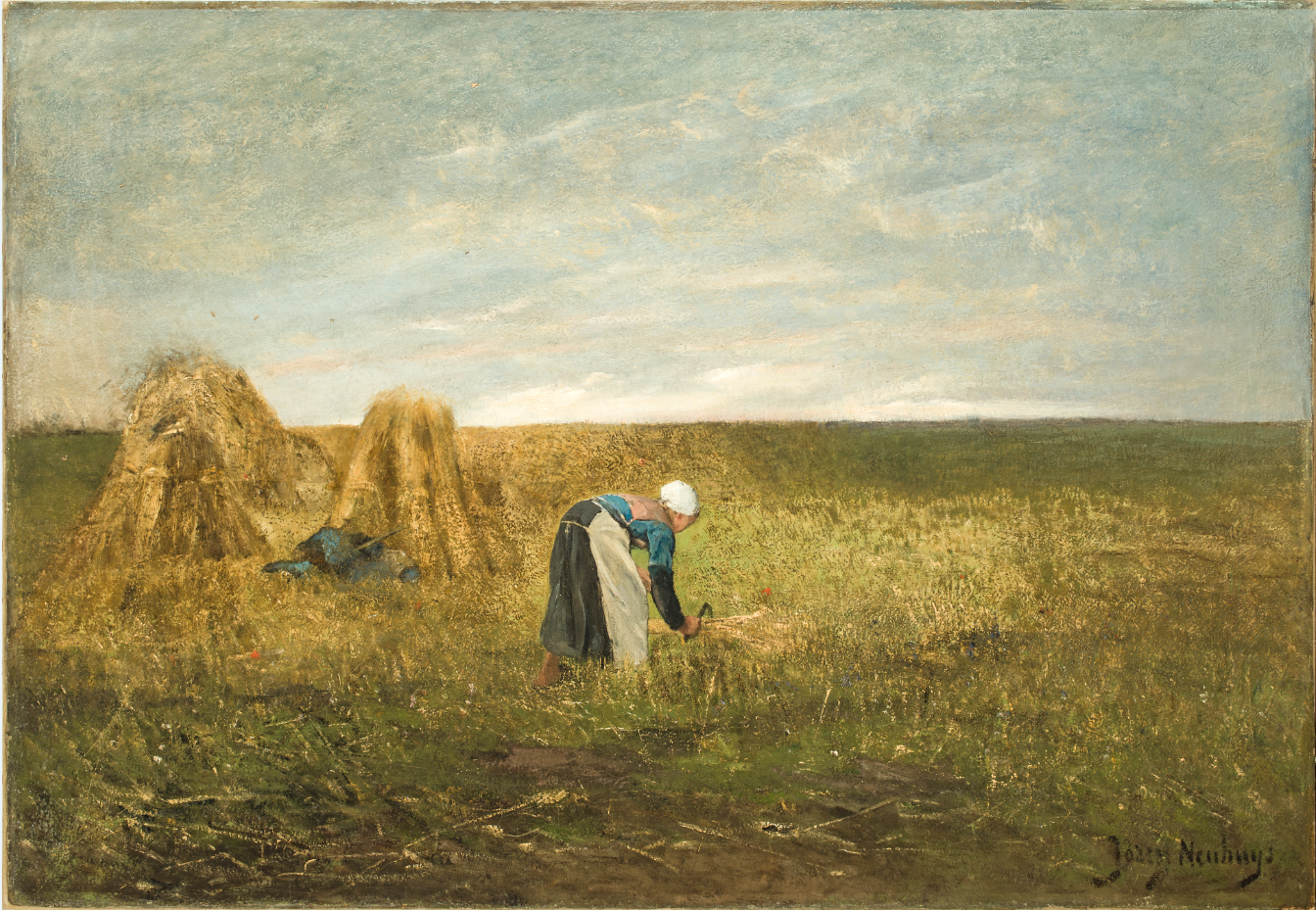Ashley Gibson Barnett Museum of Art
October 5, 2024, through February 23, 2025
This exclusive exhibition features more than 80 paintings from private collections in the Netherlands and was developed in partnership with the Hoogsteder Museum Foundation. It marks the first time these rarely-seen works are being shown in the United States.
While many museum visitors are familiar with French and American Impressionism, the story of Dutch Impressionism is less widely known and studied less often. As embodied by The Hague School, Dutch Impressionism evolved over two generations, as artists in The Hague initially drew inspiration from the landscape painting of French artists of the Barbizon School, including Theodore Rousseau, Jean-Francois Millet, and Jean Baptiste Camille Corot, and then in turn instilled in a new set of young painters the ideals of plein-air painting back home.
By the late 19th century, The Hague School had gained international fame with its brushy, magnificent depictions of vast skies over endless flat, open country and expressively-rendered scenes of everyday life in the city and countryside. With a mix of open-air studies, studio-based paintings, and even artists' sketchbooks and etchings, the exhibition traces out the incredible story of Dutch Impressionism from its roots in Barbizon, where its most prominent artists began their artistic journeys, to the countryside of Oosterbeek, Dutch farming villages, and even the dunes of The Hague with depictions of fisherfolk along its beaches. Most prominent among the Hague School artists were Willem Roelofs, the Maris brothers (Jacob, Matthjis, and Willem), and Willem de Zwart, all of whom have dedicated chapters in the exhibition, featuring their works alongside those of more than 30 other male and female artists of the movement.
"Impressionism is a perennial hit with museum audiences, but a large-scale exhibition of Dutch Impressionist masterworks offers a new and fresh take on the story of modern art for our visitors," said Dr. H. Alexander Rich, executive director and chief curator of the Museum. "All of the works in the show usually reside in private homes, and we are thrilled to welcome The Hague School to our galleries for our audience's exclusive enjoyment."
Visitors to the Museum will discover that, in addition to developing their own variations upon impressionist styles and manners, the artists of The Hague School defined what we now see as the traditional Dutch landscape, with its windmills, outstretched cloudy skies, and cattle, which remain the characteristic image of the Netherlands today.

Willem Maris, ‘Cows at Waterfront’, Courtesy of Hoogsteder Museum Foundation
More info:
.png)